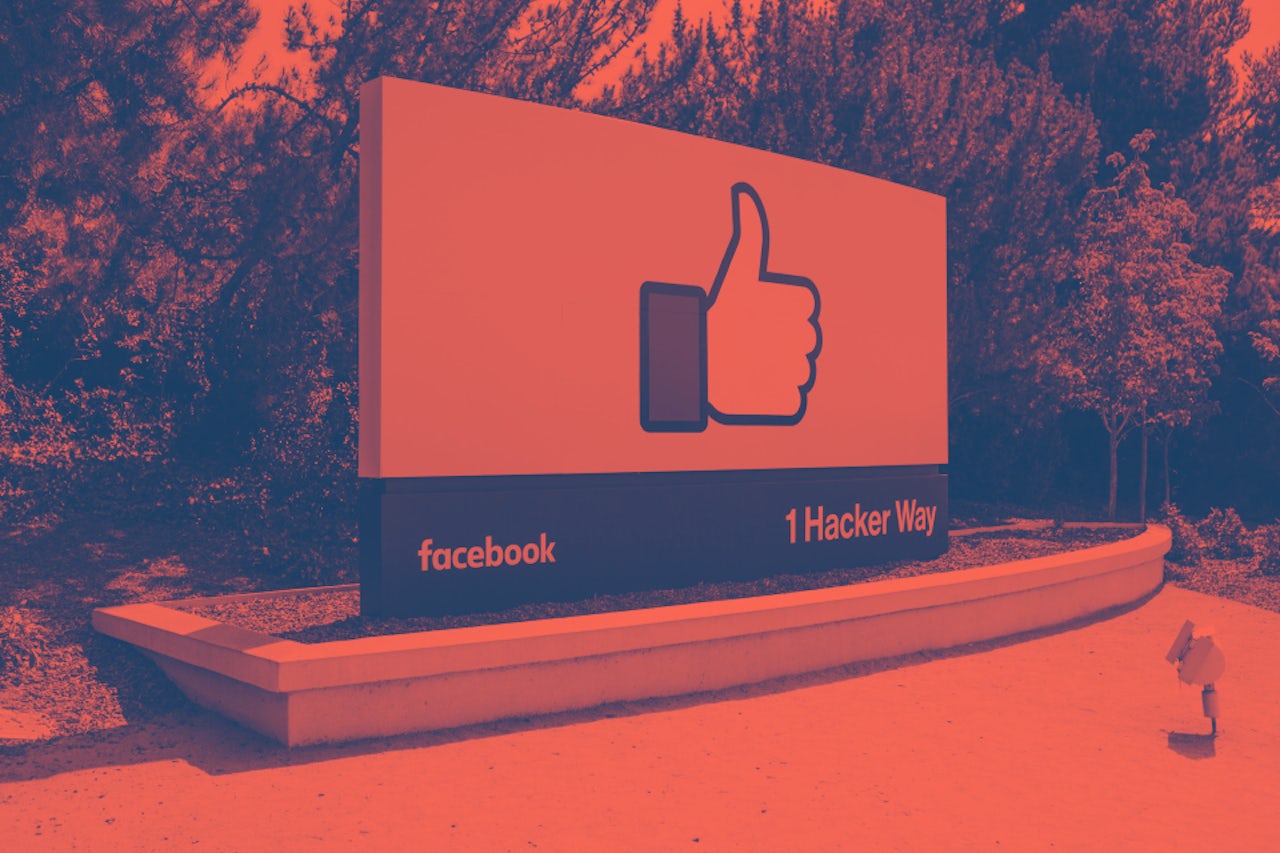As a result of the coronavirus pandemic, millions of Americans have been instructed to work from home. But there are many workers for whom in-office attendance is still mandated, at least until their employers — or the government — decide otherwise.
One group of such workers are the thousands of content moderators who keep Facebook and YouTube safe for its users, removing videos and photos of horrific things like beheadings, sexual assaults, and other atrocities that are often charitably described as “objectionable content.” And while traditionally salaried Facebook employees have been directed to work from home over the past week and a half, the contract employees who moderate the site’s content and perform other essential tasks have been forced to work in their normal offices. This week, Facebook relented.
“As a result of COVID-19, we are working with our partners this week to send our global content reviewers home until further notice for their health and safety, while taking other steps to maintain the safety and security of our platform,” said Tracy Clayton, a Facebook company spokesperson, in a Tuesday email, echoing a Monday evening press release. A Facebook contract worker employed directly by Accenture in in Austin, Texas confirmed that they were being sent home and told they will be paid as normal and should plan to work from home, showing The Outline photos of an laptop take-home policy form that was distributed to workers for signature. A spokesperson for Facebook did not provide details on whether contract workers beyond content reviewers are being sent home.
Though Facebook contract workers in Austin — employed by the staffing firms like Accenture, Genpact, Astreya, Milestone, and WiPro — now stand to collect some benefits, they were locking heads with management just hours before the announcement. A petition had been circulated earlier on Tuesday demanding the right to work from home and be granted paid sick leave, and according to one source, it garnered more than 200 signatures since it was launched the day before.
The Outline has obtained a copy of the petition. “Despite having both the technological capability to allow us to work from home and the fiscal resources to pay out sick leave, management has refused to do the right thing,” it reads. “We the undersigned demand that all of the contractors in question... do the right thing and grant work-from-home privileges to all those who can work from home and paid leave to all those who can't. Our particular type of contingent status does not strengthen our immune systems, and it does not make us less worthwhile than those who have been granted the privileges that they need to keep themselves safe.”
Two Facebook contractors directly employed by Accenture in Austin described frustration with how managers have responded to the coronavirus outbreak. In one instance this weekend, the company required workers to be on-site even though a person who worked in the office had been directed to self-quarantine by a doctor.
Beyond the petition, some workers had simply decided that their incomes were not worth the risk of going to work. YouTube has preemptively announced that more videos will be removed accidentally, as algorithms take on the work its human employees are unable to. One contractor for Facebook said that they estimated a third of the workers in their building didn’t show up to work on Tuesday, possibly risking their jobs.
Employees gave conflicting accounts of whether it was Facebook or the contracting companies who were ultimately responsible for the directives to keep workers on-site (the city of Austin has advised "employees should telework if possible"), but regardless of who’s to blame, the workers have felt the effects.
“We work for two companies that are worth billions of dollars, and they had an action plan for everyone but us,” one contractor told me. “Everybody else is an asset, and we're just an afterthought.”
A representative for Accenture did not immediately respond to a request for comment.
